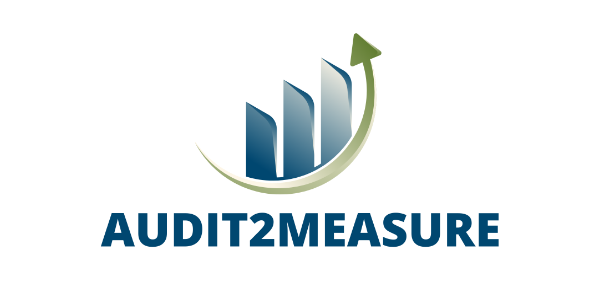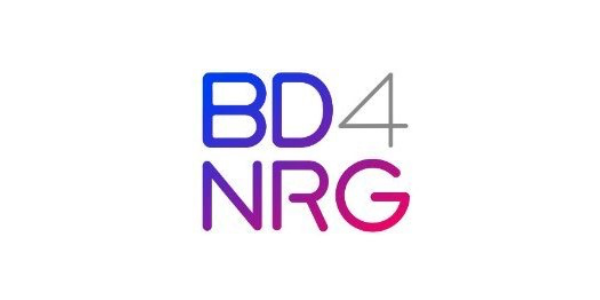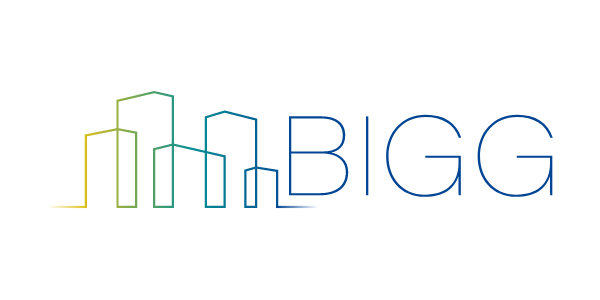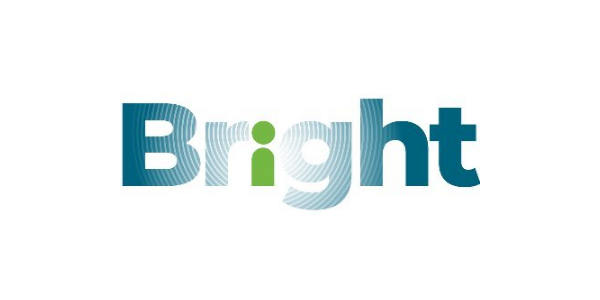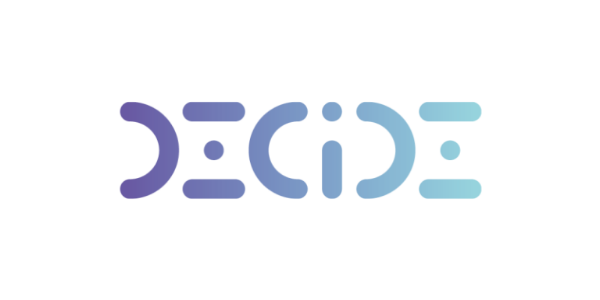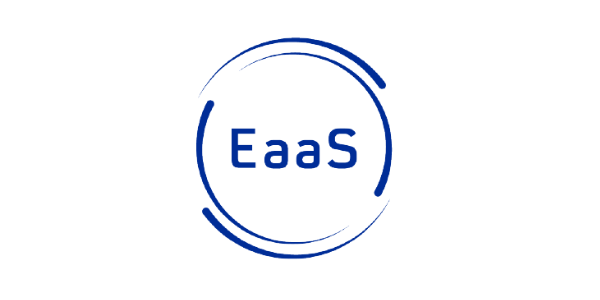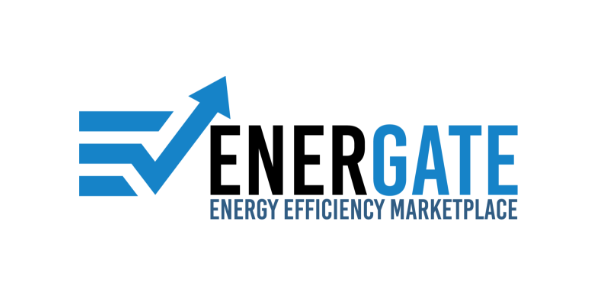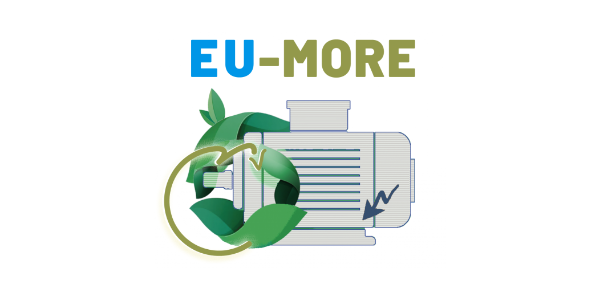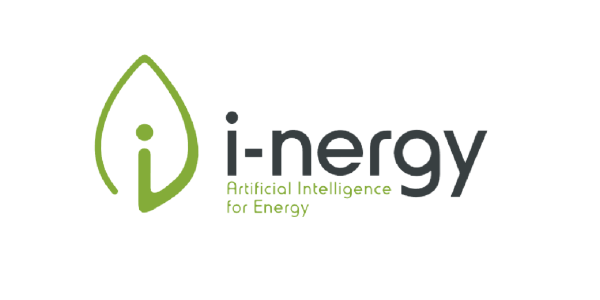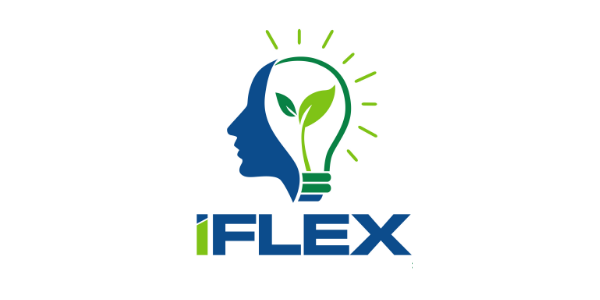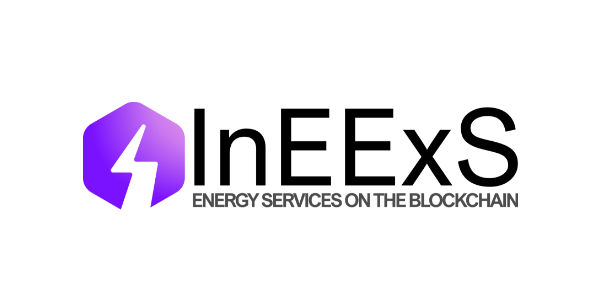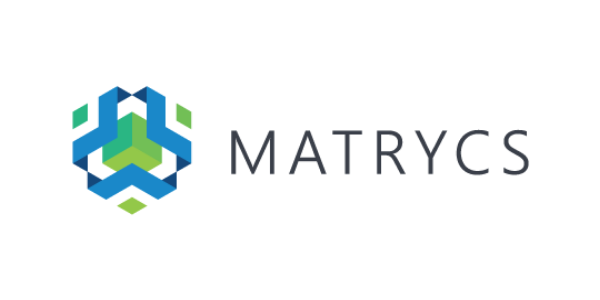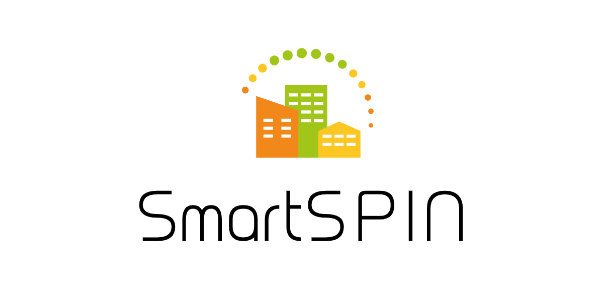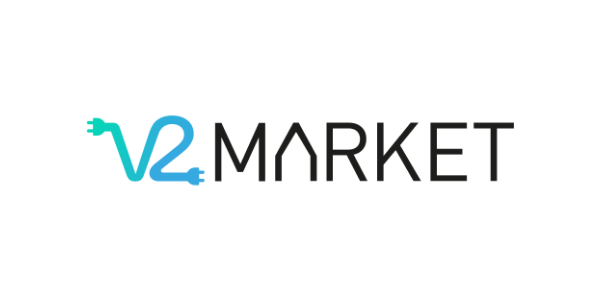Throughout the November Newsletter, BIGG presents the recent progress of the project and the most remarkable activities carried out and gives an overview of related events.
BIGG project has completed its second year with significant progress on the Standard Data Model for Buildings
The objectives achieved thus far are:
- Analysis of datasets, various formats, and ontologies to be incorporated into the BIGG solution.
- Development of the BIGG Standard Data Model for Buildings.
- Creation of data transformations and mappings to external data sources and ontologies, and linking the BIGG data model to the use cases tested in the pilots.
- Contribution to the development of European standards and ontologies.
The BIGG project conducted a comprehensive analysis of the data requirements of its use cases. In parallel, it analysed the most relevant ontologies for building data, selecting appropriate structures, classes, and attributes to be reused in the BIGG data model.
Read more details here.
BIGG is working on the technical implementation of the Reference Architecture Framework
The BIGG project aims at demonstrating the application of Big Data technologies and data analytic techniques for the complete buildings life-cycle applied to several concrete business cases. In that context, a Reference Architecture Framework (RAF) has been designed and the BIGG consortium is currently working on technically implementing this RAF for different business case pilots. This work is iterative, it implements the Big Data features required by the various business cases, using the iteratively-created open source BIGG components that will be released by the project.
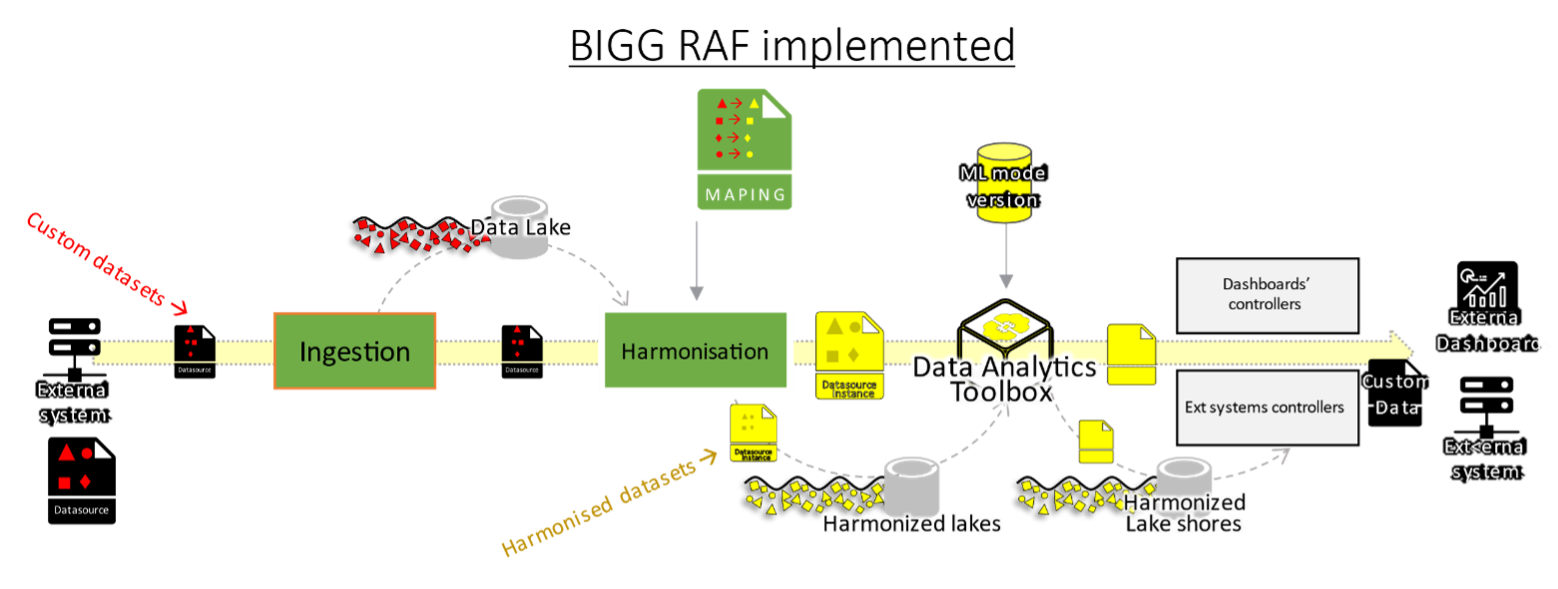
The originality of the BIGG concept is to create the central ontology, which can be used by a unique Data Analytics Toolbox to create insights about different aspects of the energy management in buildings. The consortium is currently focused on finalising the harmoniser module which can take several types of data as input and convert them into the harmonised data to be used by the Data Analytics Toolbox. This harmonisation feature is mandatory to be able to work with any type of building-related input datasets thus insuring the BIGG solution versatility.
Major improvements in how the information is gathered, stored and processed
ICAEN is tasked with promoting and tracking the energy savings of the Catalan government buildings, its public entities and dependant companies buildings. Business Case 1 “Benchmarking and energy efficiency tracking in public building” has already facilitated gathering of data that before the project was a doable but highly challenging and time-consuming act of handling hundreds of energy managers, encouraging them to gather the EEM data and providing them a method to record this data.
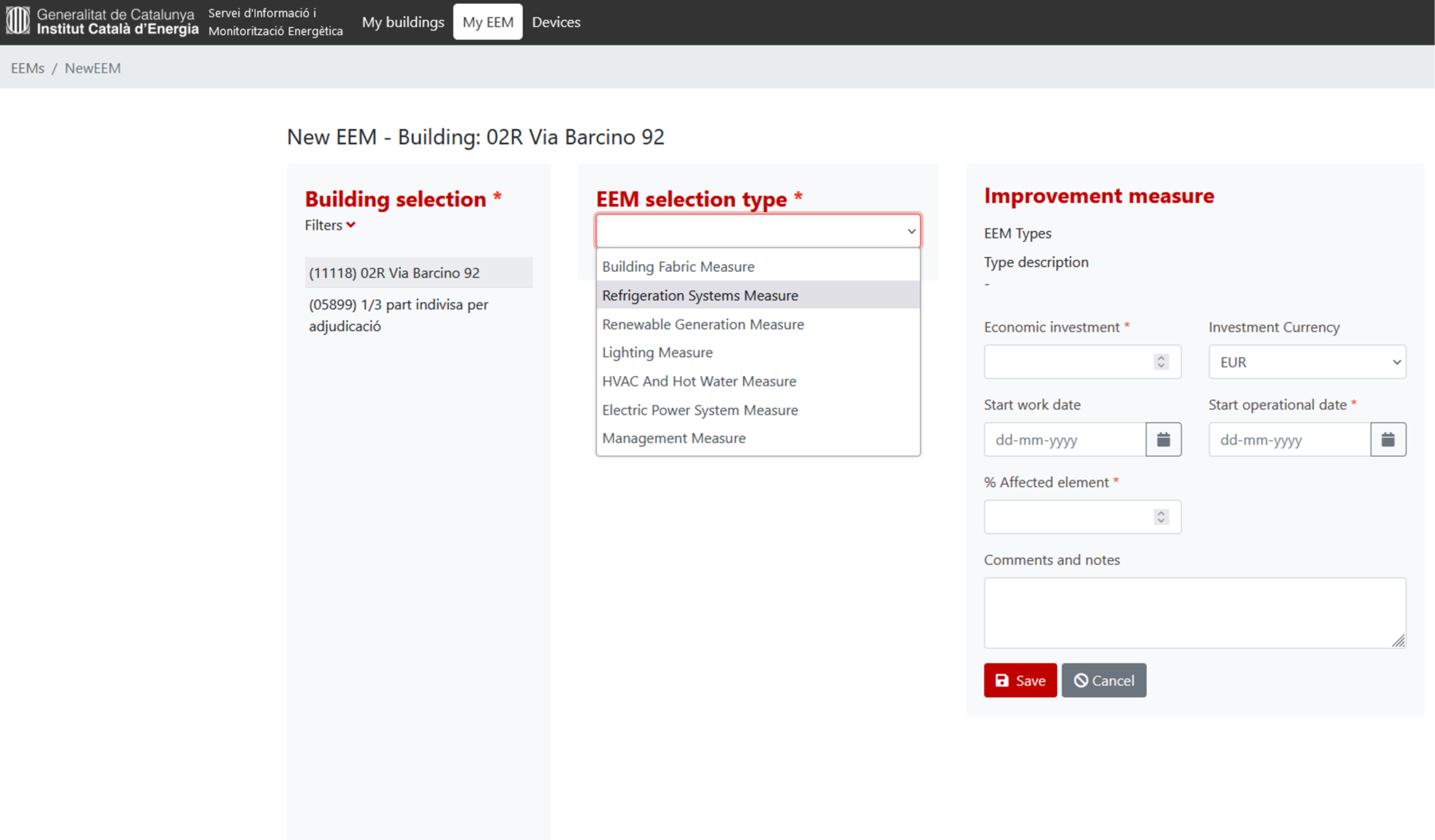
The latest and best iteration of the process was a gigantic excel file in which the essential information was requested (investment cost, typology of actions, operation date, etc.). The main issue of the excel file was that allowed users to fill several columns as they pleased without mandatory columns or data types. This process has a large margin of error since most of the information was open for managers to introduce (only the typology was selected from top-down lists). These files then had to be combined by ICAEN to filter errors, remove writing typos and combine them to get the full picture of the actions implemented by the full Catalan government.
The BIGG project results of BC1 so far consist of a platform to register buildings information, energy efficiency measures (EEM) (implemented to the buildings) which users can browse it all and register new measures.
Read the full news here.
Synergies with the LIFE EU project “Innovative Energy Efficiency Service Models for Sector Integration via Blockchain” (InEExS)
The core concept of InEExS is the deployment of integrated energy services across sectors and carriers, and the tokenisation of energy saving data in a public blockchain to facilitate cooperation among market segments and actors. InEExS improves the implementation of Energy Efficiency Directive (EED) Article 7 and supports Obligated Parties to provide integrated service offers that enable energy savings, system efficiency and include nonenergy benefits.
InEExS will develop, deploy and validate improved business models and innovative energy efficiency services to the market. The project aims to:
- Facilitate the roll out of new energy service business models to a wide array of customers to create self-reinforcing business models that create revenue streams for utilities and Obligated Parties (EED Art7) as well as ESCOs and energy communities.
- Connect smart energy services across sectors based on energy efficiency, distributed energy resources (DERs), demand response/flexibility, electric mobility while including non-energy benefits such as comfort, health and safety
- Offer capacity building activities to support market actors to replicate new business models and adopt contractual schemes that overcome market barriers towards increased adoption of sustainable technologies and sector integration.
To this end, BIGG has been invited to become part of the cluster together with other sister projects, to join forces and work together in the framework of the dissemination, communication and exploitation of the projects activities and results, aiming at engaging interested and common target groups. The aim is to define a common strategy building on cross-promotion, joint events and other collaboration activities that we can define together.
BIGG related events
Sustainable Places Conference: 14-16/06/2023, Madrid, Spain – Hybrid event
Each year, Sustainable Places features topics that are shaping how we think about cities and the built environment. Across all editions, Sustainable Places is open to all topics related to building sustainability and most often reflect priorities described in the European Commission Societal Challenges and the United Nations Sustainable Development Goals.
This year the themes proposed are the following: Energy Communities, Smart Cities and Urban Transition; Renewable Energy Technologies; Sustainable Construction & Renovation; Decarbonization & Circularity, Climate Change mitigation and adaptation; Facilitating the energy transition: Policy, Finance, Training; Sustainable Urban Renewal & Cultural Transformation; Digitalization, Smartness & Artificial Intelligence; Resilience and Energy Security.
LDAC workshop: 15-16/06/2023, Online
The LDAC workshop series provides a focused overview on technical and applied research on the usage of semantic web, linked data and web of data technologies for architecture and construction (design, engineering, construction, operation, etc.). The workshop aims at gathering researchers, industry stakeholders, and standardization bodies of the broader Linked Building Data (LBD) community. The aim of the workshop is to present current developments, coordinate efforts, gather stakeholders, and elaborate practical insights from industry.
European Sustainable Energy Week: 20-22/06/2023, Brussels, Belgium
Under the theme “Accelerating the clean energy transition – towards lower bills and greater skills”, the European Sustainable Energy Week (EUSEW) 2023 will include a policy conference with 7 plenary and 60 policy sessions covering topics related to skills, energy efficiency, affordability and inclusion, renewables, and decarbonisation; the prestigious EUSEW Awards; the Energy Fair with more than 35 stands; as well as the fourth edition of the European Youth Energy Day.
In addition, a series of locally organised Sustainable Energy Days will take place from April to July, across Europe and beyond, to promote clean energy and energy efficiency.
EUSEW is open to international organisations, university associations, national and local authorities, professional associations, NGOs working in the field of sustainable development, consumer associations, research organisations, EU-funded projects, EU institutions, and more.



